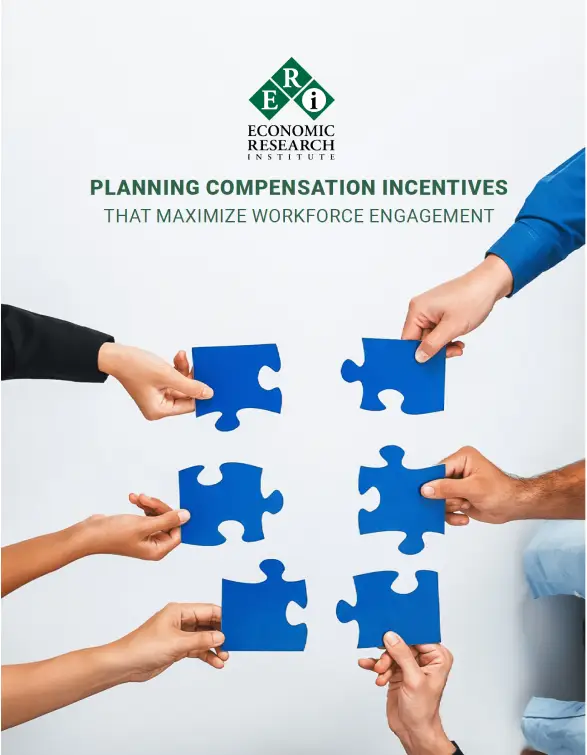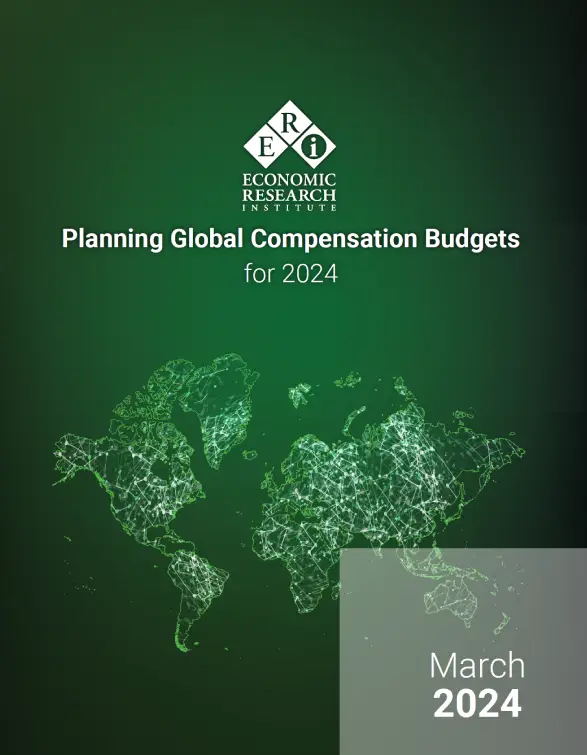Nonprofits may face some new rules on setting executive compensation and self-dealing if Congress acts on recommendations from Senator Chuck Grassley (R-IA), ranking member of the Senate Finance Committee. Although this report focuses on media-based ministries, it also includes recommendations that would change which organizations are given nonprofit status by IRS, expand penalties on self-dealing, and establish new regulations on setting executive compensation for all nonprofits.
Current Requirements:
Public charities now must report each year on how they set executive compensation. The IRS says that process should include:
- Documenting the compensation policies and procedures in advance and including them in board minutes.
- Collecting comparable salaries (for like services, in like enterprises, in like circumstances).
- Setting compensation in advance on the basis of appropriate comparability data.
- Making sure that no one involved in setting salaries has a conflict of interest.
- Reporting all economic benefits to officers, directors, and key employees on Form 990.
The IRS now allows an organization to establish a rebuttable presumption of reasonableness (meaning the burden of proof that the compensation is unreasonable is on the IRS) if nonprofits use an independent survey of comparability data. Information and software that easily provide the necessary analyses can be obtained from ERI’s Nonprofit Salary Assessor, SalariesReview, Abbott, Langer Association Surveys, and other salary survey sources that specialize in the nonprofit sector. But that may now change.
The Grassley Report Recommendations
The report recommends that Congress consider allowing IRS to give charity status only if an organization expressly prohibits excess benefit transactions to disqualified persons. Also, it calls for:
- Imposing penalties if a manager had a “reason to know” an action was wrong, rather than the current standard of “knowingly participated in or approved” it.
- Extending the penalties for excess benefit transactions to the organization if its board does not include sufficient independent members.
- Replacing the rebuttable presumption standards with stronger guidelines and more reporting requirements on how compensation was determined.
- Clarifying guidelines for how “comparable” pay is determined, including when for-profit comparisons are appropriate.
These are pretty radical changes and no one knows whether Congress will take them seriously or not. But in the meantime, all nonprofits should be clear that the public is concerned about nonprofit compensation and IRS compliance efforts are ongoing.



